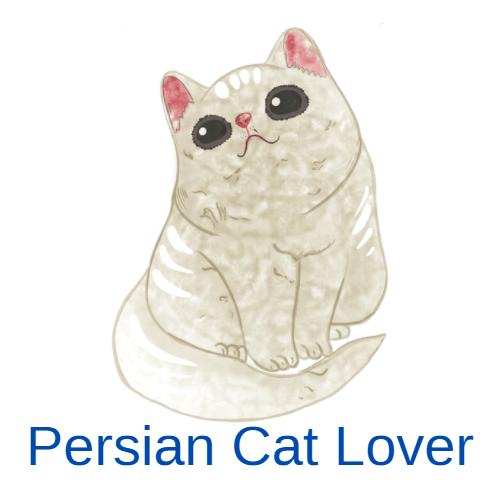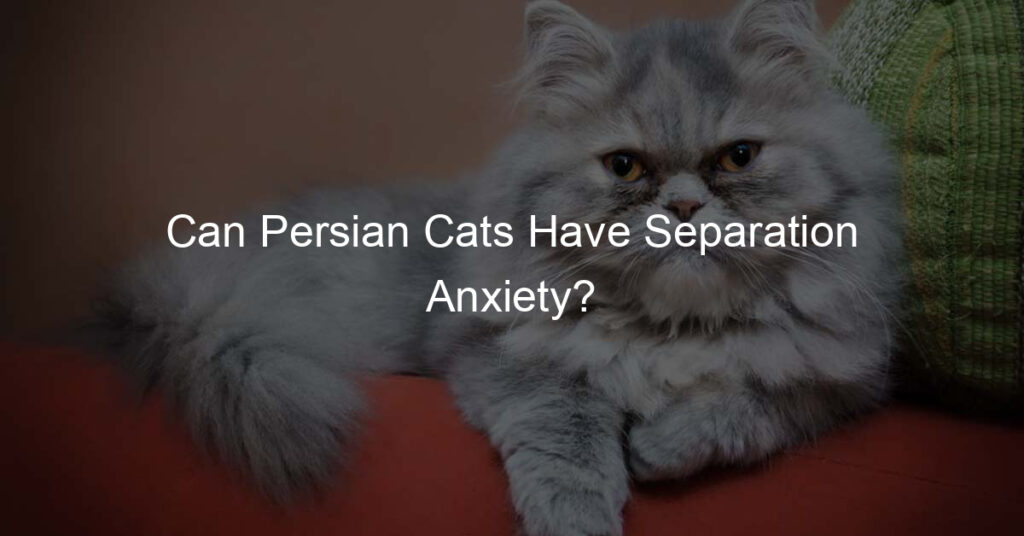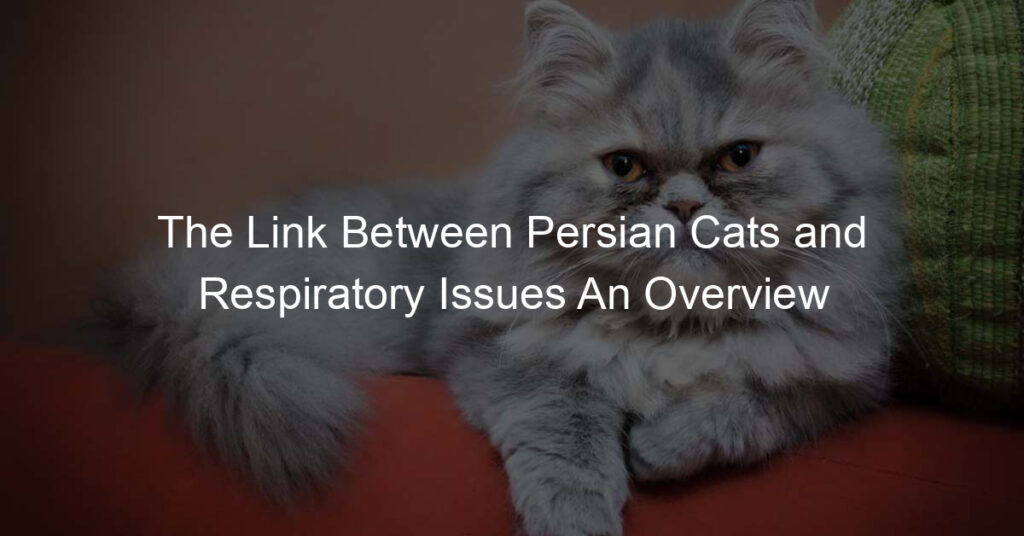Yes, Persian cats are prone to separation anxiety. Separation anxiety is a behavioral disorder that occurs when cats experience stress due to being away from their owners or being in unfamiliar environments.
It can manifest itself in various ways, including excessive vocalizing, destructive behavior, and self-harming behaviors such as self-mutilation and depression.
Providing your cat with a safe space where they can hide or relax when feeling overwhelmed can also help reduce the anxiety felt when separated from their owners.
It is also crucial to ensure that your cat’s environment is comfortable and secure. This includes periodically changing out litter boxes and providing adequate ventilation in the home.
What Are the Signs of Separation Anxiety in Persian Cats?
Persian cats can suffer from separation anxiety, just like any other pet. The signs of this condition include excessive vocalization, destruction of property, vomiting, urinating or defecating outside the litter box, and over-grooming.
It’s important to recognize these signs early on to implement the proper treatment. If your Persian cat is exhibiting any of these behaviors, it’s best to consult a veterinarian specializing in animal behavior.
The good news is that with the proper treatment, separation anxiety can be managed and even eliminated in most Persian cats. Of course, treatment methods vary depending on each cat.
Still, they may include behavior modification techniques such as providing appropriate outlets for energy and getting regular exercise, creating an environment that provides safety and comfort, using pheromone therapy, and providing medication if necessary.
It’s important to understand that separation anxiety is a severe condition that can cause immense stress to both your Persian cat and yourself.
Left untreated, it can lead to other behavioral problems, such as aggression or depression in cats.
Therefore, you must take the necessary steps to ensure your beloved Persian cat has the best chance of leading a happy and healthy life. With patience, dedication, and the right treatment plan, you can help your Persian cat overcome separation anxiety.
How Can I Help My Persian Cat Cope With Separation Anxiety?
If your Persian cat is suffering from separation anxiety, it’s important to take proactive steps to help them cope. Here are some suggestions:
- Provide lots of enrichment activities while you’re away. Puzzle toys, scratching posts, and even a few interactive toys can provide hours of entertainment while you’re out of the house. Make sure to rotate these items every couple of days so that they remain interesting for your cat.
- Give them a safe space to retreat when feeling anxious or scared. This could be a bed in an area of your home with minimal distractions (no children running around, etc.). Make sure this space has plenty of soft blankets and other comforting items like favorite toys or treats.
- Make sure your cat has plenty of access to food and water. This will help them stay hydrated and full while they are alone, which can reduce anxiety.
- Give your Persian cat lots of attention when you’re home. Spend time playing with them, petting them, and talking to them in a soothing voice. This will help create positive associations with your presence and make it easier for them to cope when you leave the house again.
Taking these steps can help ease separation anxiety in Persian cats, but if the problem persists or worsens, please contact your veterinarian for further advice on how best to care for your beloved pet.
Is There Any Medication Can Be Used To Treat Separation Anxiety in Persian Cats?
It is possible that some cats with separation anxiety can benefit from medications to help reduce the intensity and frequency of symptoms.
The most commonly prescribed type is selective serotonin reuptake inhibitors (SSRIs). These medications can have a calming effect, making it easier for the cat to cope when their owner is away.
However, it’s important to note that medication should only be used as part of an overall treatment plan and in consultation with your veterinarian.
Additional treatments such as behavior modification, increased exercise, changes in diet, or even providing extra stimulation (such as interactive toys) may also be necessary to provide relief for Persian cats with separation anxiety.
If you suspect your Persian cat is showing signs of separation anxiety, you must consult with your veterinarian as soon as possible. They can assess the situation and guide how best to proceed.
With proper treatment, Persian cats with separation anxiety can live a happy and stress-free life.
How Can I Prevent My Persian Cat From Getting Separation Anxiety?
If you are worried about your Persian cat developing separation anxiety, there are a few steps you can take to help prevent it.
First and foremost, make sure that you always spend quality time with your cat. This could include playing together, grooming them, or just cuddling in the same room. It is vital to give your feline friend attention regularly so they don’t feel neglected when left alone.
Next, ensure that they have plenty of toys and activities to keep them busy while you’re away or during periods of inactivity. Interesting scratching posts, puzzle feeders, and interactive toys are all great ways for cats to stay engaged and entertained when home alone.
You may also want to consider leaving a radio or television on low volume so that they don’t feel completely isolated when you’re gone.
Finally, try to make sure that your cat feels safe and secure while you are away. For example, a cozy bed in a quiet home area can help make them feel more comfortable during these periods of separation.
Additionally, it may be beneficial for them to have access to windows around the home as this allows cats to observe their environment and stay in tune with what’s happening outside.
Following these few tips can help prevent your Persian cat from developing separation anxiety and ensure that they stay happy and healthy even when left alone!














